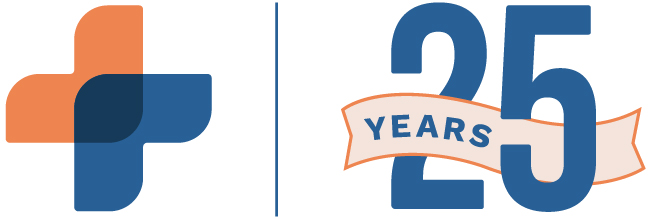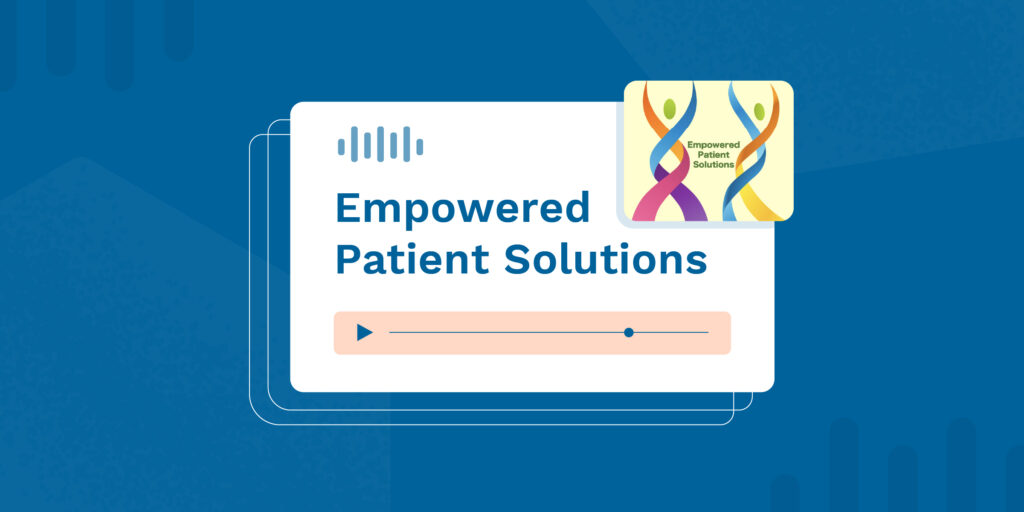Chronic diseases present significant healthcare concerns in the United States. 6 in 10 adults have a single chronic disease, and four in ten adults have two or more chronic diseases. These chronic conditions are the leading cause of death and disability in the country and a major contributor toward the nation’s $3.5 trillion annual healthcare costs.
Fortunately, medications to treat chronic and complex illnesses have advanced significantly over the past few decades. Innovations in science, technology, and legislation have made it possible to provide a higher standard of care to patients living with serious diseases such as cancer or autoimmune disorders. These advancements often bring greater costs and handling requirements for patients and providers alike. Healthcare providers must carefully navigate the higher price points and administrative tasks that come alongside specialty drugs used to treat these conditions.
Rapid Growth of Specialty Drugs Comes with Higher Costs
In the last 30 years, the number of specialty drugs on the market has risen rapidly. In 1990, there were only 10 specialty drugs approved by the FDA. By 2015, that number had increased to 300.
In addition, the 21st Century Cures Act, signed into law in 2016, reduced many barriers surrounding the development of new treatments for serious and often complex illnesses. The purpose of the law is “to accelerate the discovery, development, and delivery of 21st century cures,” and authorizes $6.3 billion in funding for drug research and development, modification of the FDA drug approval process, strengthening mental health parity regulations, and biomedical research.
This rapid growth presents innovation, advancement, and challenges for healthcare providers. The influence of the 21st Century Cures Act has already been felt in the FDA’s drug approval process. In 2019, the FDA approved 32 specialty drugs, the lion’s share of approved novel drugs. Specialty drugs are projected to account for half of the nation’s drug spending by the end of 2020.
Specialty drugs come with a much higher price tag than non-specialty medications, some of which is shouldered by the patient. The average monthly cost of these medications comes in at a staggering $4,500. This number is particularly concerning when compared to the number of patients who struggle to pay for their prescriptions. According to the Kaiser Family Foundation, 58% of Americans who spend $100 or more per month on prescriptions have difficulty affording their medication.
Healthcare Providers Struggle to Access Critical Specialty Drug Price Information
In a recent survey conducted by the National Council for Prescription Drug Programs (NCPDP), healthcare providers ranked financial information related to the prescription—alongside the patient’s medical and medication history—as the most important need when prescribing specialty drugs.
However, at the point of prescription, 75% of these providers struggled to access key information, including:
- Availability of lower cost alternatives
- Prior authorization requirements
- Patient prescription benefit data
- The patient’s predicted out-of-pocket costs
This lack of information can produce a domino effect. Healthcare providers spend nearly 15 hours a week on medication-related tasks, such as searching for lower cost alternatives and seeking prior authorization.
Thus, patients can experience delays in receiving critical medication, which can further jeopardize their health. Nearly 40% of respondents in the NCPDP survey said it can take one to two weeks to get a patient on specialty medication. 10% indicated that it can take as long as a month. These barriers lead to providers selecting another medication and creating more administrative tasks for their staff, or sending the prescription to the pharmacy regardless.
To ensure that patients start treatment in a timely manner, physicians must have access to information about drug costs and insurance benefits at the time of prescribing. An electronic prescribing solution with price transparency and an EHR integration can help lead to better clinical outcomes.
RXNT’s Speciality Patient Enrollment
Through our partner, SurescriptsⓇ, RXNT has brought innovation to the prescribing process for specialty medications. We offer automated enrollment, known as Specialty Patient Enrollment. Using information already recorded in RXNT’s Electronic Health Records (EHR), enrollment forms are auto-populated and on their way to the pharmacy as soon as they’re prescribed from the EHR. These innovations put specialty medications into your patients’ hands faster, while improving the quality and safety of patient care. For more information about how RXNT helps prescribers deliver better care to their patients, reach out to our team.





